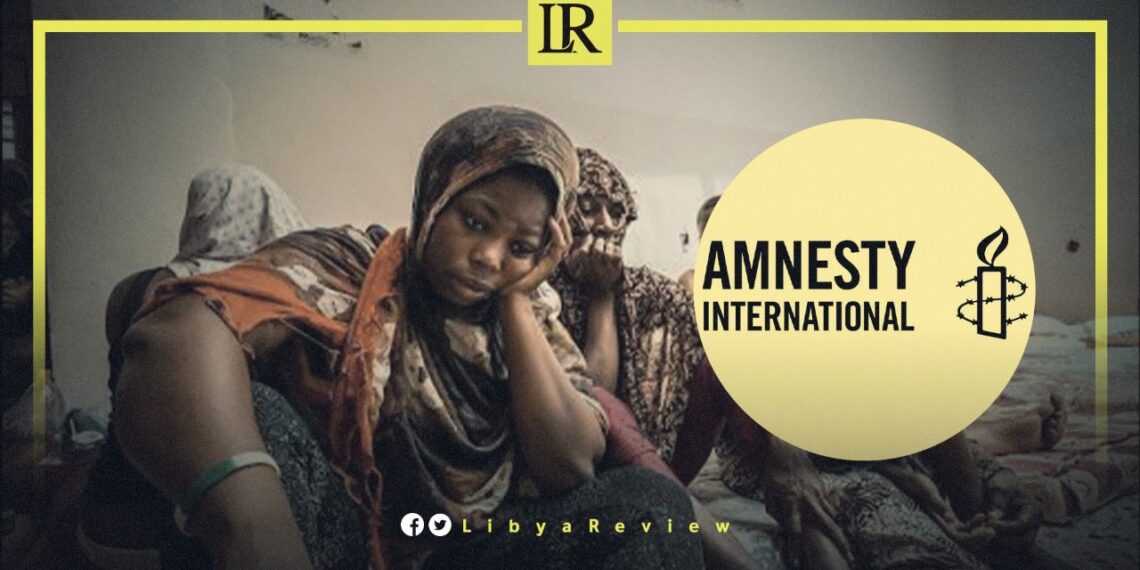On Sunday, Amnesty International’s Italy office issued a grave warning about the dire circumstances facing irregular migrants in Libya, spotlighting the severe risks involved.
In a statement, the organisation underscored the inherent dangers in repatriating migrants to Libya and the problematic nature of collaborating with the Libyan Coast Guard. Such actions, Amnesty International argues, blatantly undermine the fundamental responsibility of ensuring rescued individuals are brought to a place of safety.
“For years, we’ve maintained that Libya is not a safe haven for migrants, a stance now echoed by Italy’s highest court,” thereby accusing involved parties of complicity in significant human rights abuses,” the statement added.
The International Organisation for Migration (IOM) recently disclosed that in just the past week, 442 migrants were returned to Libya, bringing the total to 1,004 irregular migrants repatriated since the onset of 2024.
The returned group includes vulnerable demographics, with 68 women and 25 children among them, all intercepted off Libya’s western shores. This year’s figure of 1,004 returned migrants, including 31 children, adds to the alarming tally from 2023, which saw 17,190 migrants rescued, alongside 962 deaths and 1,536 disappearances.
In light of these harrowing statistics, the IOM has urgently called for actions to stem the tide of migrants heading towards Europe. It appeals to the global community to forge sustainable solutions to this humanitarian crisis, emphasizing the critical need for cooperation between countries of origin, transit, and destination to safeguard migrants and establish safe, lawful migration pathways.
Since the 2011 overthrow of Moammar Gaddafi, Libya has been engulfed in turmoil, becoming a treacherous conduit for migrants aspiring to reach Europe. The nation’s ongoing political disarray and the dominance of various militias have created a breeding ground for human traffickers to exploit desperate migrants.
Criticism has been directed at the European Union (EU) and Italy for their support and training of the Libyan Coast Guard, tasked with intercepting and returning migrants. This practice has been denounced by human rights groups, which argue that it subjects migrants to further dangers and abuse within Libyan detention facilities. Numerous accounts have emerged, detailing the horrific conditions migrants face, including torture and slavery, sparking global outrage.


